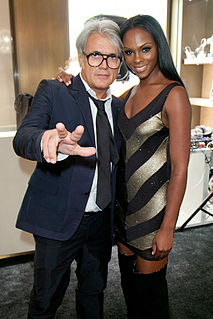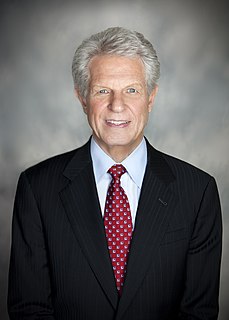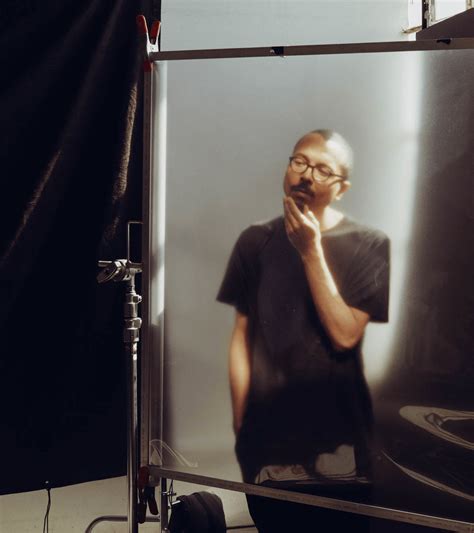A Quote by Bill Gates
The typical project design time for a large company like IBM - and they keep track of this - is a little over four years.
Related Quotes
So there's no typical day, but I transition through the course of my business day by doing everything from construction meetings on the development project under construction to design meetings for an upcoming apparel delivery to acquisition meetings about projects we're looking to acquire. It's very diverse in terms of content, substance, and what I address on a typical day.
I used to do more melodic stuff, and I used to do more actual rap - like traditional hip hop vocals. I think my method of storytelling has led me to this point, at which I want to pare down my style. I think I give the lyrics more thought, and then when I try to perform the lyrics over the track I'll try it over and over again, and eventually the lyrics will sink into the track by the way I project them.
Good developers like seeing their products sell in large quantities. They enjoy the competition of doing a better job than the other company, especially if the other company has more people on the project and they're entrenched and people are saying that we don't have a chance of getting in there and... and doing well.
I just spent a lot of time on 'ER' for that eight years. I also started working when I was 16, so by the time I left 'ER,' I was 40 years old, I had this incredible experience, my wife had this great company, we had four kids, it was like, 'Let's go to New York and live for a while and make that the priority.'



































